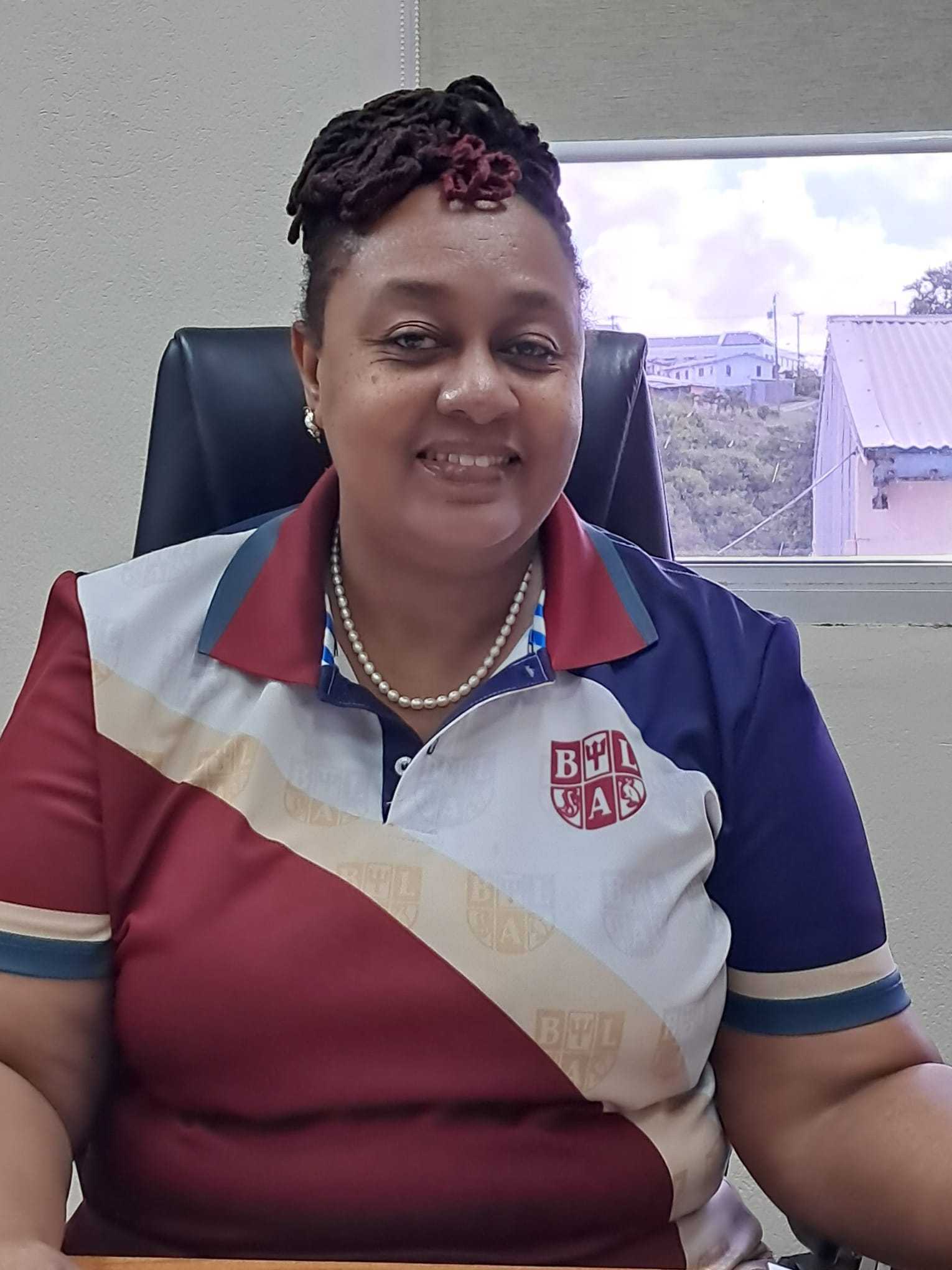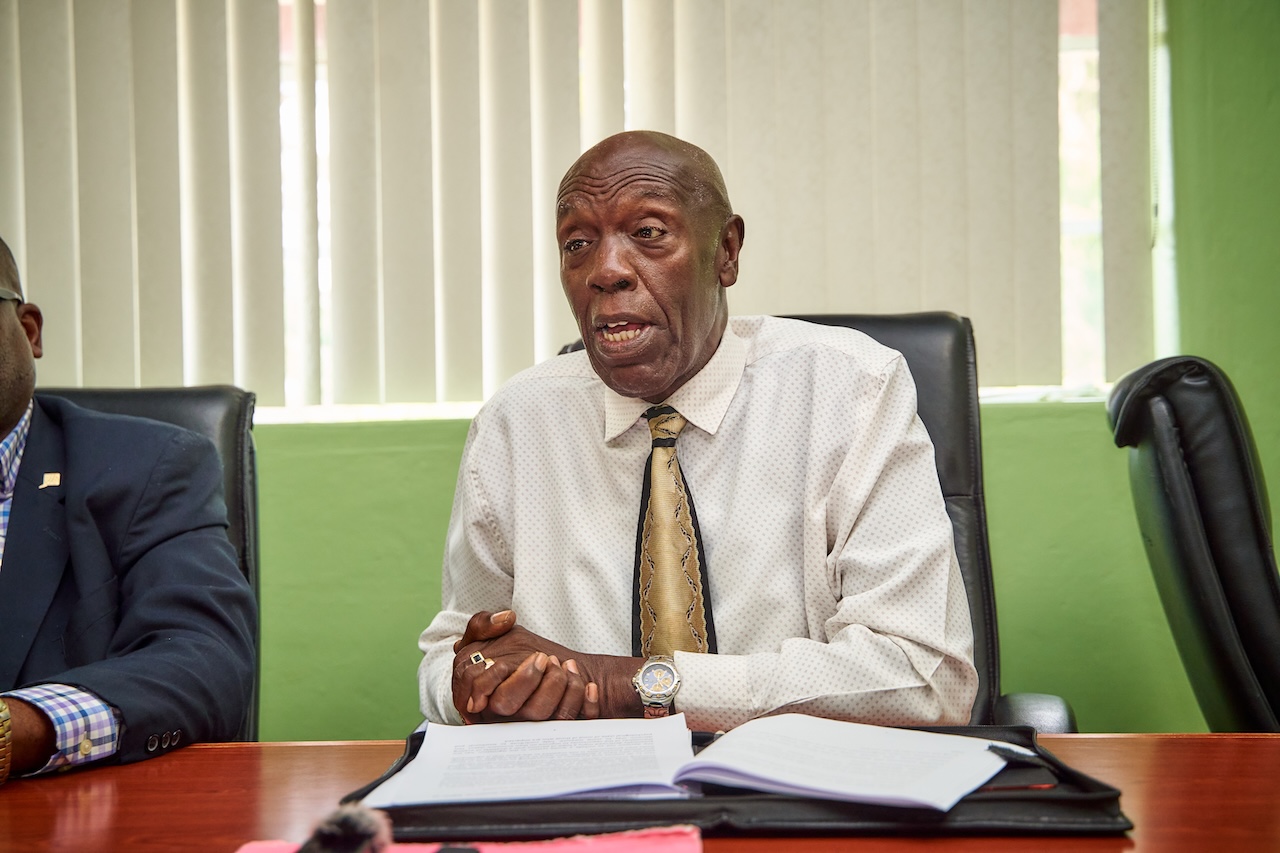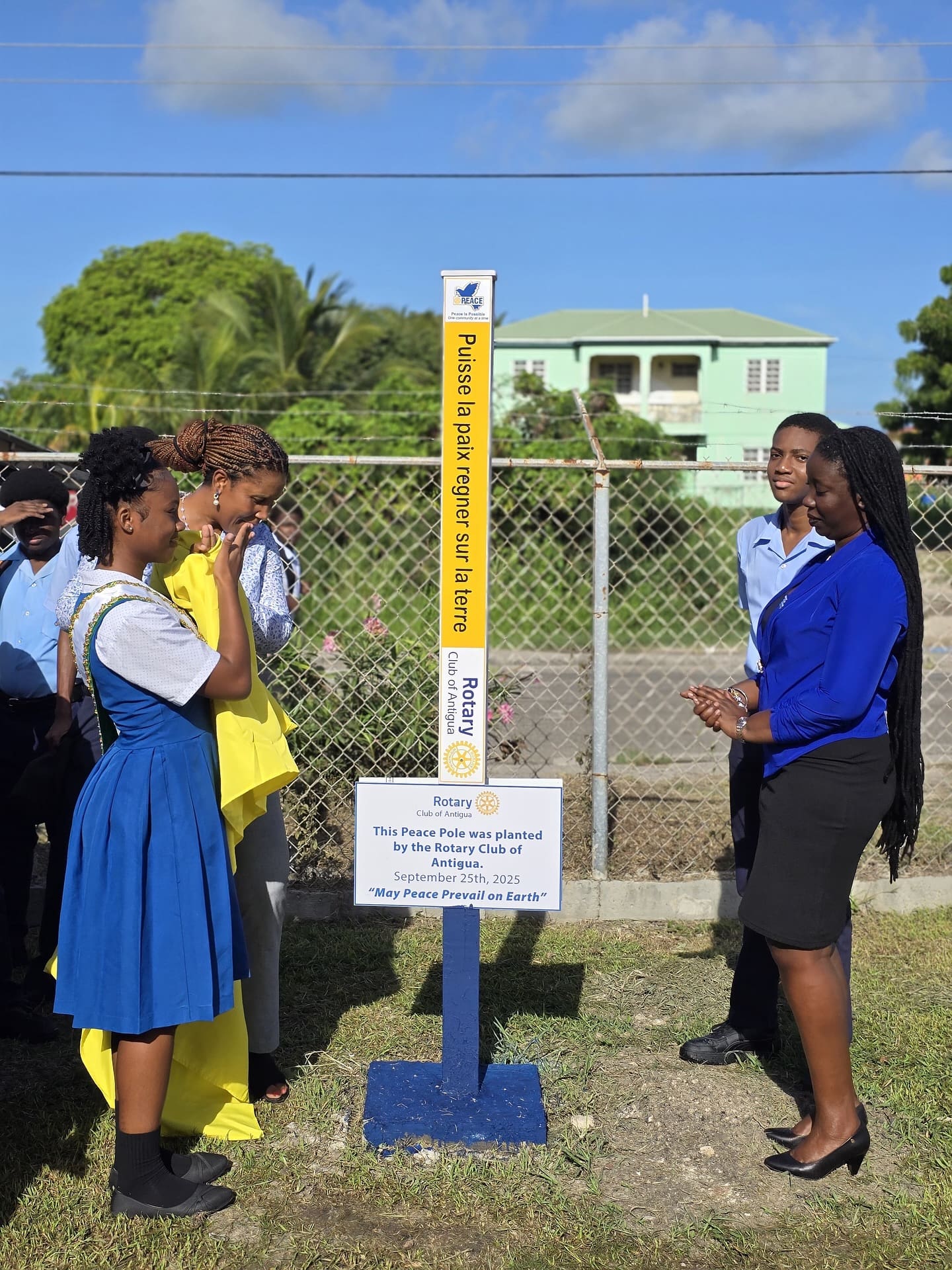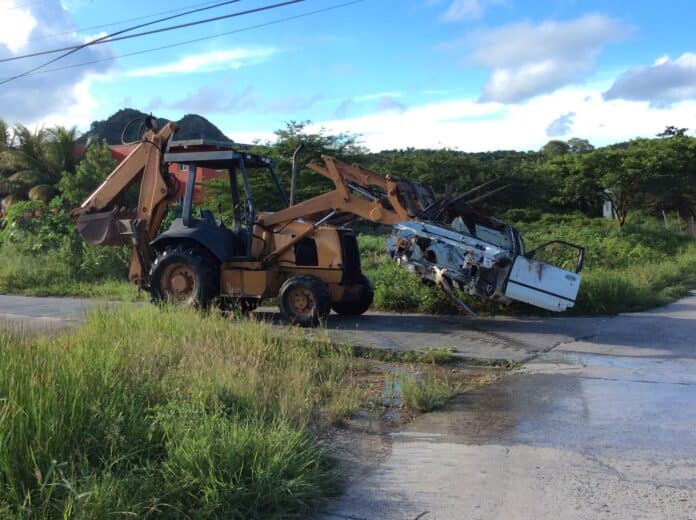The Barbados Licensing Authority (BLA) has unveiled a comprehensive upgrade to its service delivery system, aiming to streamline processes and improve efficiency for the public. Chief Licensing Officer Treca McCarthy-Broomes announced the launch of a new online platform, effective immediately, which will allow citizens to access a range of services digitally. These include scheduling and paying for regulation exams, registering for new Public Service Vehicle (PSV) examinations, renewing learners’ permits, and processing payments for new or renewed driver’s licenses. This initiative is part of the Authority’s broader strategy to modernize its operations and enhance user convenience. Additionally, McCarthy-Broomes highlighted ongoing efforts to address staffing shortages in the driving test section. The recruitment of additional testing officers is underway and is expected to be finalized within the coming months, ensuring smoother and more timely service delivery. This dual approach of digital innovation and workforce expansion underscores the BLA’s commitment to meeting the evolving needs of Barbados’ citizens.
分类: society
-
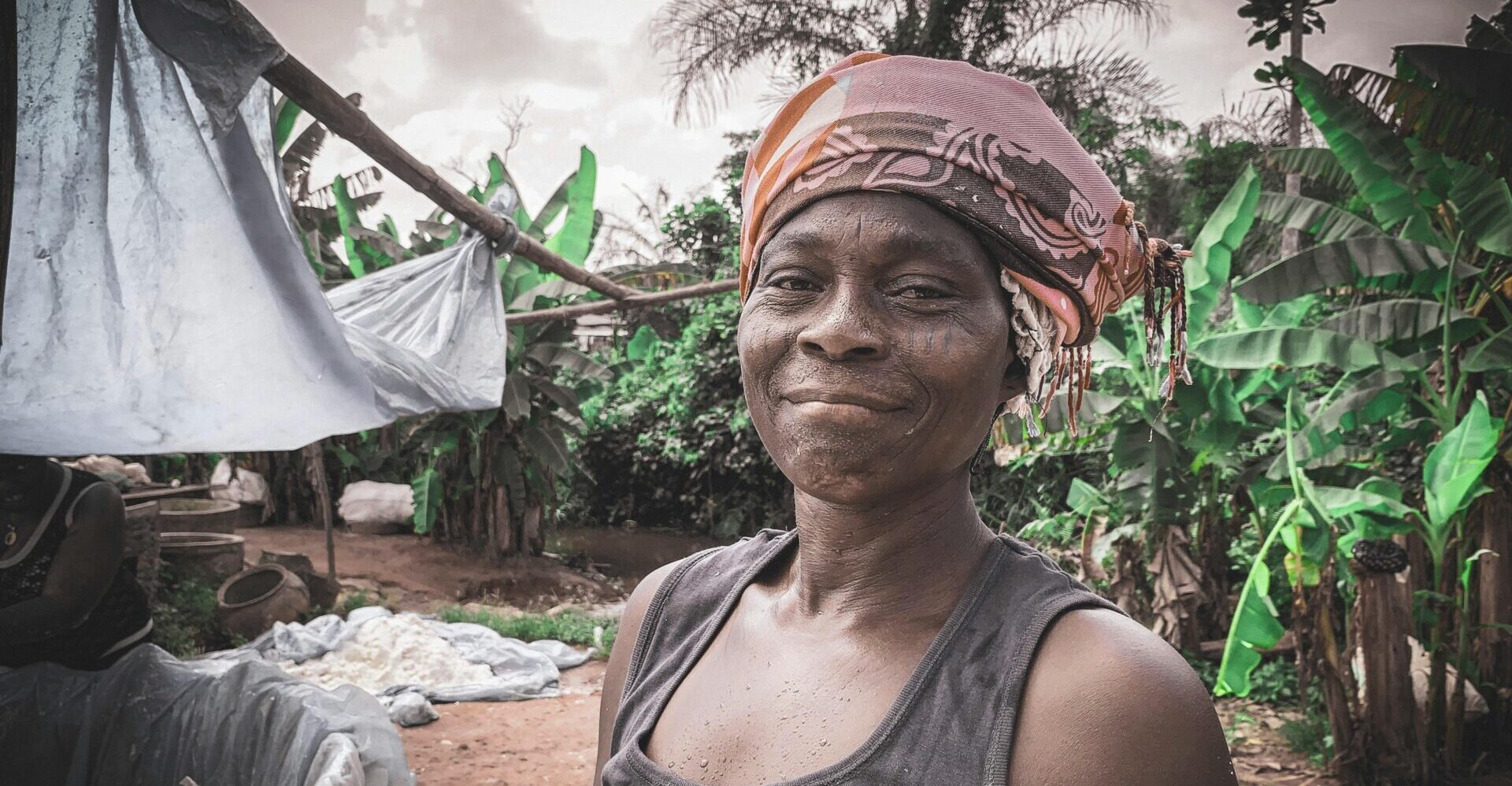
Collective progress continues to be stymied by global inequalities, reports Int’l Labour Organization
Despite significant strides in education, poverty reduction, and productivity over the past three decades, entrenched inequalities, eroding trust in institutions, and sluggish advancements in key areas continue to impede global social justice, according to a recent report by the International Labour Organization (ILO). Titled ‘The State of Social Justice: A Work in Progress,’ the report reveals that 71 percent of an individual’s income is still heavily determined by factors such as their country of birth and gender. Published ahead of the Second World Summit for Social Development in Doha and marking the 30th anniversary of the 1995 Copenhagen Summit on Social Development, the study acknowledges that while global wealth, health, and education levels have improved since 1995, these benefits have not been equitably distributed, and progress in reducing inequality has stagnated. The report highlights a steady decline in public trust in institutions since 1982, fueled by widespread dissatisfaction with perceived unfair rewards for effort. The ILO warns that without urgent efforts to strengthen the social contract, this erosion of trust could undermine democratic governance and international cooperation. On a positive note, the report points to notable achievements, including a 50 percent reduction in child labor among children aged 5 to 14, a drop in extreme poverty from 39 to 10 percent, a ten percentage point increase in primary education completion rates, and social protection coverage for over half of the global population. However, persistent challenges remain: 58 percent of workers are still in informal employment, the gender participation gap in the workforce has only slightly decreased since 2005, and closing the global gender wage gap could take a century at current rates. These issues are exacerbated by rapid environmental, digital, and demographic changes reshaping labor markets at an unprecedented pace. The ILO emphasizes that without targeted policies, disparities will deepen, but strategic interventions—such as investing in skills development, social safety nets, equitable wage policies, and active labor market programs—can foster inclusion and resilience. ILO Director-General Gilbert F. Houngbo stressed, ‘Social justice is not only a moral imperative—it is essential for economic security, social cohesion, and peace.’ The report calls for immediate action to address unequal access to opportunities, promote fairer economic benefits distribution, and manage global shifts in a way that leaves no one behind. It also advocates for embedding social justice at the core of all policy frameworks and enhancing collaboration among governments, international agencies, and social partners. The findings are expected to shape discussions at the upcoming World Social Summit in November and support the initiatives of the Global Coalition for Social Justice, led by the ILO, which unites stakeholders committed to building fairer and more inclusive societies.
-
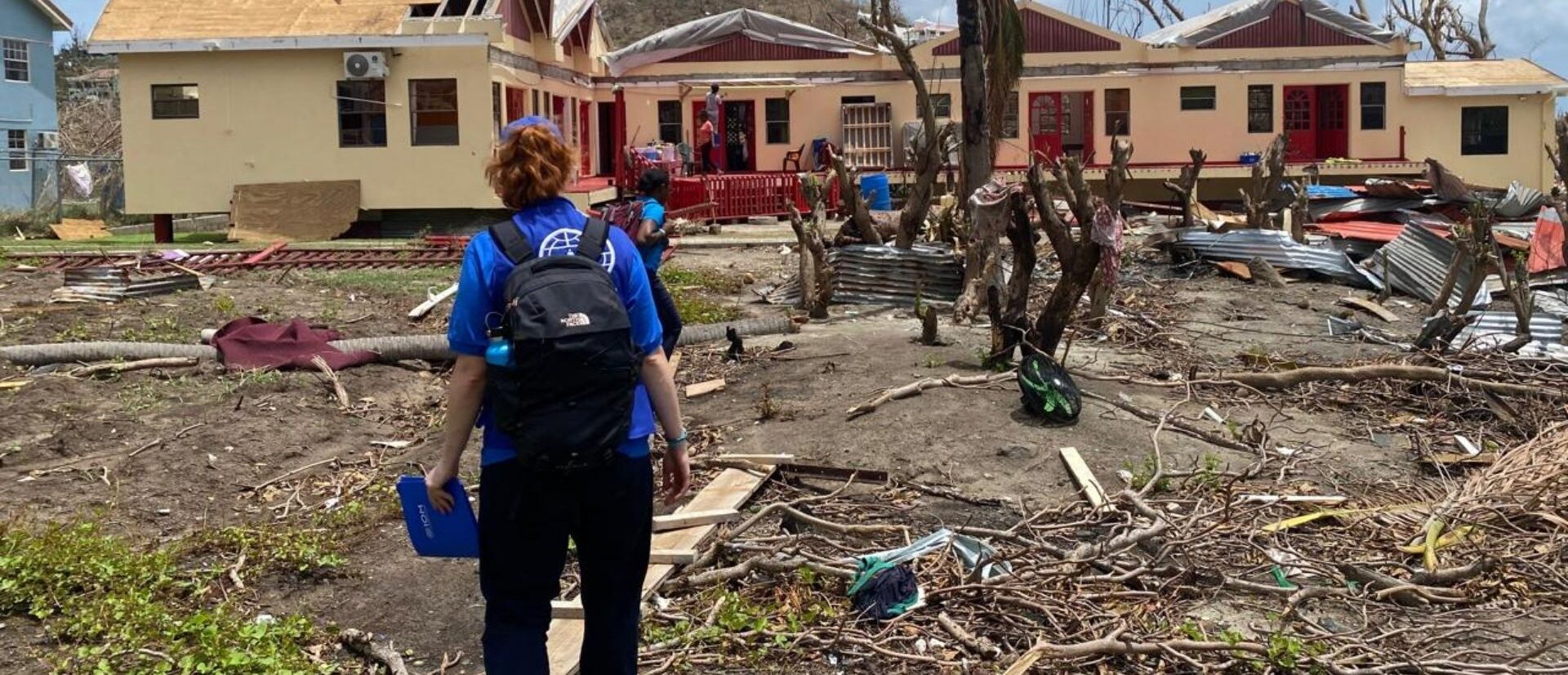
Caribbean initiates first shelter coordination team to enhance disaster readiness
As the Atlantic Hurricane Season enters its most critical phase, over 47 disaster management experts from the Caribbean and surrounding regions have united to form the Caribbean’s first Shelter Technical Working Group. Spearheaded by the Caribbean Disaster and Emergency Management Agency (CDEMA) and the International Organization for Migration (IOM), this groundbreaking initiative seeks to improve emergency shelter operations, ensure equitable aid distribution, and promote safer, more inclusive disaster response strategies for affected communities. Tamara Lovell, a Community Resilience Specialist with CDEMA, highlighted the group’s mission, stating, ‘This marks the beginning of a shelter management community for the Caribbean, with the goal of advancing shelter management practices in the future.’ Since its establishment, weekly meetings have fostered a collaborative network ready to address urgent shelter needs. Both CDEMA and IOM have committed to involving local organizations and communities in all planning and response efforts, recognizing their crucial role in creating inclusive shelters for vulnerable populations. The initiative includes national disaster agencies, civil society groups, and non-governmental organizations from across the region. To enhance coordination, a WhatsApp platform for real-time updates and a dedicated website for resource sharing have been launched. Future sessions will focus on critical topics such as relief supply quality, gender-based violence prevention, cash assistance programs, and sustainable shelter solutions. The group will also provide technical aid, conduct training, and mobilize relief supplies for rapid deployment during disasters. Emergency supplies, including plastic sheeting, toolkits, solar lamps, tents, generators, and hygiene products, have already been stockpiled at CDEMA’s Logistics Hub in Barbados by organizations like IOM, ShelterBox, GSD, UNICEF, and the Red Cross. Jan-Willem Wegdam, IOM’s Emergency Coordinator for the Caribbean, urged participants to collaborate, stating, ‘Let’s shape this agenda together and create a welcoming community where our collective efforts drive impact.’ This initiative is part of the RESILIENT CARIBBEAN Project, funded by the European Union and launched virtually by IOM on September 16.
-
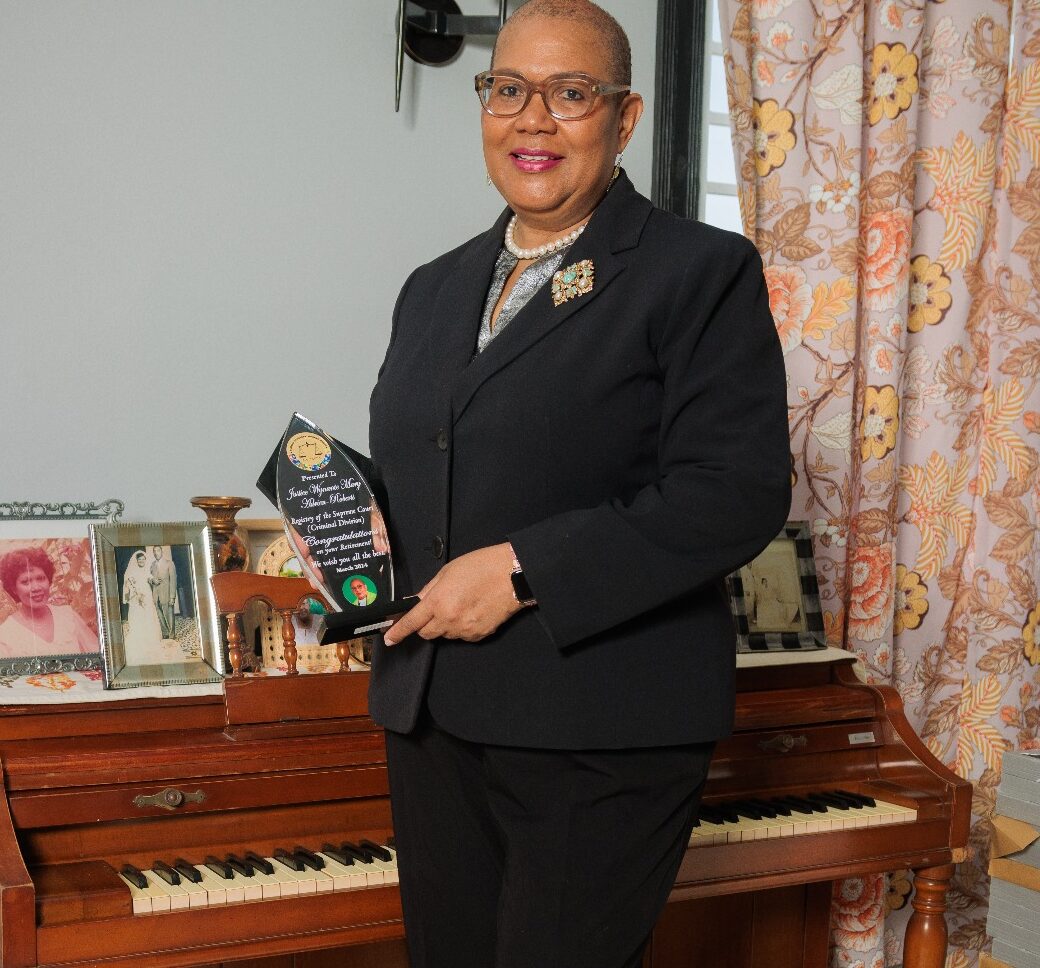
UWI’s Pelican Pride Episode 4 (FINALE): The Change Maker – Cozier Frederick
In the final episode of ‘The Change Maker,’ we spotlight Wynante Adrien-Roberts, a distinguished legal professional whose life and career are deeply rooted in her faith and love for family. Known for her humility and unwavering commitment, Adrien-Roberts has navigated numerous challenges with grace, consistently serving her community with integrity and excellence. Her expertise and wisdom have made her an indispensable figure in the legal landscape of our region. This profile not only celebrates her professional achievements but also highlights her personal values that inspire those around her.
-
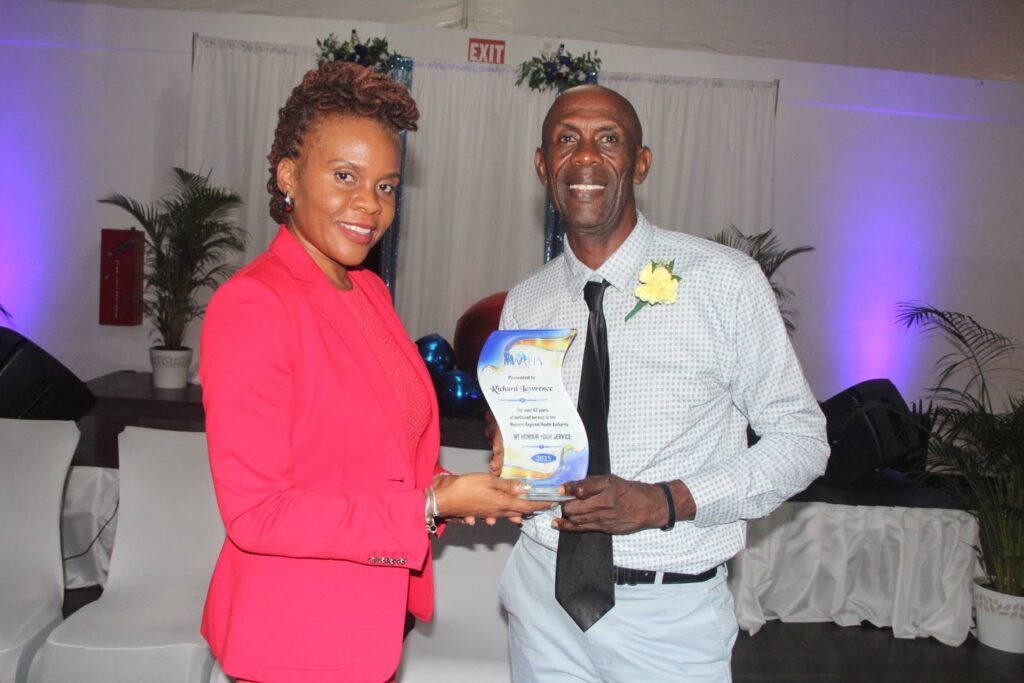
Goodbye CRH
MONTEGO BAY, St James — After decades of dedicated service at Cornwall Regional Hospital (CRH), Richard Lawrence and Sharon McLean are stepping into retirement, leaving behind a legacy of commitment and resilience. The duo, along with 31 other retirees from various regions, were honored at a luncheon hosted by the Western Regional Health Authority (WRHA) on Thursday. Lawrence, who served as a senior security supervisor for 42 years, expressed his bittersweet feelings about retiring before the hospital’s ongoing rehabilitation project is completed. ‘It was my dream to see the hospital open while I was working,’ he shared. ‘But I know when the time comes, they might invite me to see the progress.’ Lawrence, who spent over 25 years as a senior supervisor, reflected on his career with pride, emphasizing how his work enabled him to support his family and nurture his children’s successful careers. ‘All this came through the work at Cornwall Regional Hospital,’ he said. ‘I don’t have any regrets.’ His colleague, Sharon McLean, a chief medical technologist with 40 years of service, also shared her mixed emotions. McLean, who endured health challenges due to the hospital’s mold-infested environment, expressed relief that future staff will not face the same hardships. ‘I was there suffering for a long time,’ she recalled. ‘But I am happy that people will not experience what we had experienced.’ McLean, whose motto is ‘By our skills, we save lives,’ takes pride in her contributions to saving lives through her laboratory work. Both retirees are now looking forward to new chapters in their lives, with Lawrence expressing gratitude for his family’s support and McLean planning to channel her energy into new endeavors. The luncheon concluded with the presentation of plaques and heartfelt appreciation from WRHA Manager Simone Douglas-Cluney, who praised the retirees for their unwavering dedication and service.
